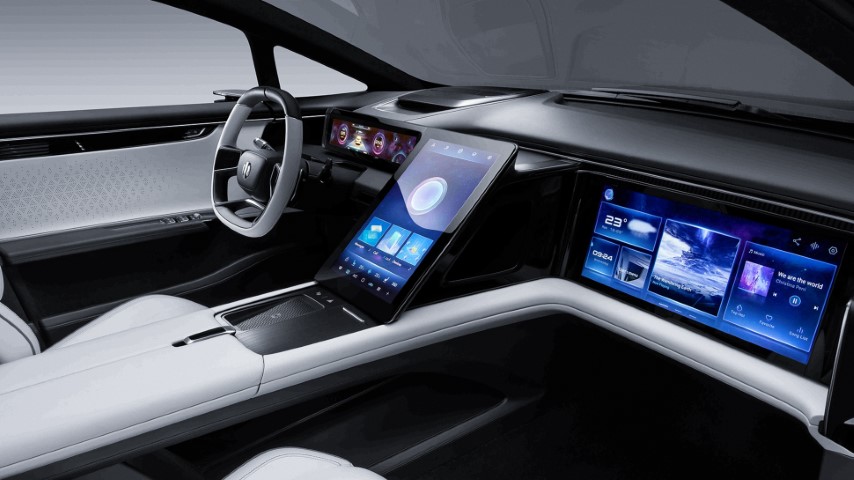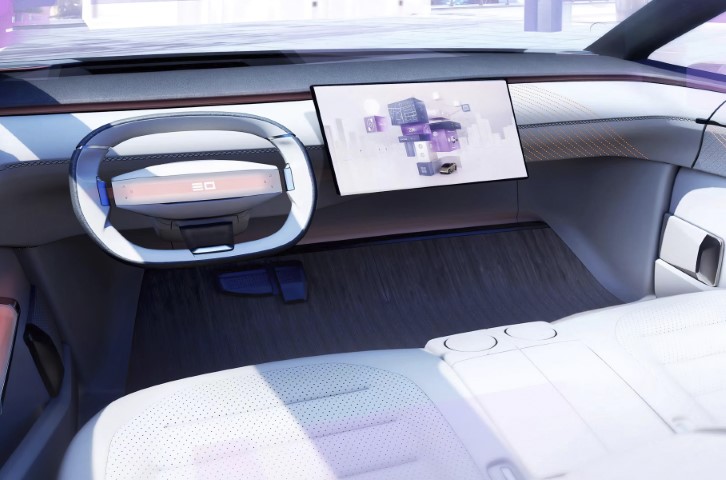 The automotive world goes through exponential changes with the proper integration of dedicated development teams. Such teams continuously update how cars are designed and produced and take the user experience and what can be achieved with vehicles to the next level. It’s not just a revolution of new technologies; it’s about changing how cars have been conceived, manufactured, and continuously improved.
The automotive world goes through exponential changes with the proper integration of dedicated development teams. Such teams continuously update how cars are designed and produced and take the user experience and what can be achieved with vehicles to the next level. It’s not just a revolution of new technologies; it’s about changing how cars have been conceived, manufactured, and continuously improved.
The Rise of Dedicated Development Teams
The Shift in Manufacturing Dynamics
Traditionally, car manufacturing was compartmentalized into broad departments, where different teams handled separate aspects of the production process in a car, from design to assembly. However, this compartmentalisation proved insufficient with increased complexity and interconnectivity in-car technologies. The rise of these dedicated development groups focusing on specific aspects such as in-car software, electric powertrains, and driving technologies points to a significant evolution of this dynamic.
These teams are renowned for their agile methodologies—that is, they can adapt rapidly to changing environments with a keen focus on innovation and problem-solving. This is particularly crucial in landscapes that experience technological changes at breakneck speed. Dedicated development team services, for example, have played a significant role in the rapid growth of the EV market. From being almost non-existent a decade ago, the market has expanded considerably, largely due to the contributions of these specialized teams.
Statistics Highlighting Growth and Impact
The results of a dedicated team can be measured. For instance, one of the industrial reports in 2019 said that companies that established a dedicated team for developing electric vehicles reduced the product lifecycle by as much as 30%, enabling them to adapt to market needs more rapidly. According to another industry forecast, the autonomous vehicle world market, heavily dependent on such teams in software and hardware development, is expected to grow from an estimated $54 billion in 2019 to over $556 billion by 2026.
Advancements in Car Technologies
Enhancing User Experience
Automobiles are no longer just a means of transportation; they are becoming sophisticated mobile devices capable of delivering everything from entertainment to real-time traffic updates. Major development teams often cooperate with UX designers to ensure seamless and intuitive integration of such technologies. Modern cars can even anticipate what a driver may want, adjusting everything from seat position to air conditioning based on personal preference and past behavior.
Safety Improvements through Innovation
The most important development these teams have enabled is in vehicle safety. Features such as automatic emergency braking, collision detection, and adaptive cruise control are direct results of dedicated teams that work on advanced sensor technologies and their integration with real-time data analytics. Their work has contributed significantly to the fall in the number of traffic-related fatalities, with some studies indicating as many as 20% fewer fatalities in regions where ADAS systems are prevalent.
Streamlining Production and Design
Rapid Prototyping
Most dedicated teams use methods such as rapid prototyping, which allows them to create and test elements much faster than traditional methods. Facilities such as 3D printing and virtual reality environments have enabled teams to design iterations in hours instead of weeks. This speeds up product development and refines product features effectively based on real-time tests and feedback.
Sustainable Manufacturing
Other areas where dedicated development teams are marking their presence include sustainability: designing processes and products that have minimum environmental impact, such as waste reduction by means of precise manufacture or the development of new durable but recyclable materials. Most leading car manufacturers invest considerably in these areas, realizing that future competitiveness will closely relate to sustainability practices.
Looking Towards the Future
Integration with Other Technologies
Car manufacturing might integrate even more with other technological domains like IoT, AI, and blockchain. These integrations will bring greater connectivity and infotainment features to cars, as development teams are already working towards that. For example, blockchain can give supply chain transparency and traceability, an important feature now as car manufacturing is also an increasingly global enterprise.

Challenges and Opportunities
The challenges to these advances include menacing cybersecurity threats, regulatory compliance issues, and continuous skill upgradation. Still, again, those challenges present opportunities for growth and innovation, including the development of robust cybersecurity measures and training programs that keep pace with technological changes.
This is a car manufacturing revolution that doesn’t stop at new features or new technologies; it’s a basic rethinking of what a car is by teams dedicated not just to their tasks but to changing the very notion of personal transportation. As we move ahead, committed development teams will play a central role in these functions, which shape not only the future of cars but even broader aspects of transportation and mobility on a global scale.
Conclusion
Dedicated development teams create a new paradigm for modern car making. Its influence goes beyond introducing new technologies; it touches on how cars are developed, designed, and brought to life. From integrating innovation into improvements at every stage in the automotive lifecycle, these teams set a new benchmark for the industry. With the automotive sector in a state of constant evolution, dedicated development teams will remain one of the key drivers in pushing the boundaries of what is possible, thereby making the future of car manufacturing both dynamic and deeply transformational.

